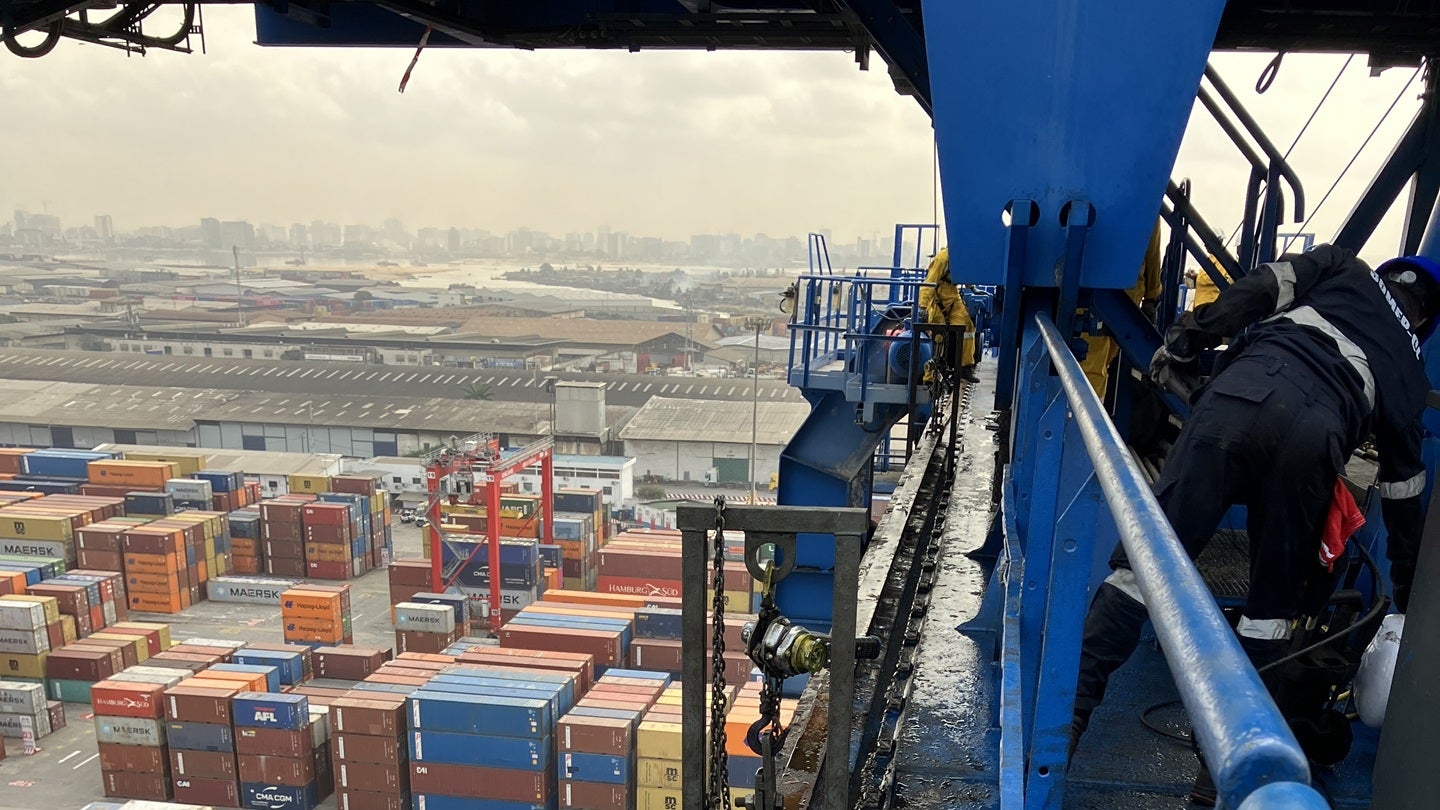Wind Complicates Firefighting Efforts at Karlstad Recycling Center

A significant fire at a recycling facility in Karlstad has rekindled, prompting the deployment of helicopters for water bombing and the issuance of a public warning message (VMA). The fire, which initially broke out on Friday, saw a resurgence on Sunday afternoon, leading to uncontrolled spread due to strong winds. Rescue services have been on site since Friday, with efforts now involving two helicopters and between 15 to 20 ground units, according to Ola Nilsson from SOS Alarm.
The VMA urges residents in the affected area to stay indoors, close doors, windows, and ventilation systems to avoid the heavy smoke development. The firefighting operation is expected to continue for several days, with some estimates suggesting it could take up to a week to fully extinguish the blaze. The wind has been a significant complicating factor, reigniting the fire and hindering the efforts of the emergency services.
Local media reports indicate that the fire started in piles of corrugated cardboard at the Stena recycling plant. Over the weekend, the intensity of the firefighting efforts has fluctuated, with the situation worsening on Sunday. Johan Magnusson, an alarm operator at SOS Alarm, mentioned that around 20 units are currently working to contain the fire.
The community in Karlstad is advised to remain vigilant and follow the instructions from the rescue services. The situation is being closely monitored, and updates will be provided as more information becomes available. The focus remains on ensuring the safety of the public and the emergency personnel involved in the operation.



